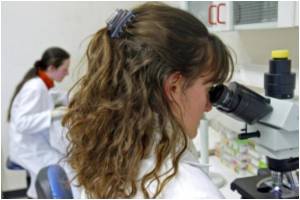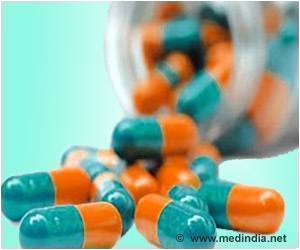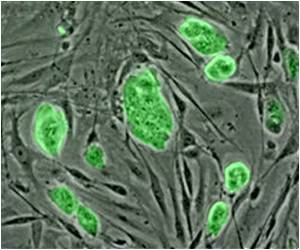
Unearthing a reliable, truly general, efficient synthesis of single mirror-image isomers has proven elusive. Previous methods suffer from a combination of extreme temperatures, long reaction times, limited scope, low selectivity, the need for rare or precious metals and highly toxic elements.
The new catalysts are small organic molecules derived from the abundant and renewable amino acid valine and can be synthesized in four steps through the use of commercially available and inexpensive materials, according to lead author Amir Hoveyda, the Joseph T. and Patricia Vanderslice Millennium Professor of Chemistry at Boston College.
The catalyst, used in as little as one quarter of a percent, promotes reactions that are complete within two minutes to four hours typically at room temperature, according to the co-authors, which include Boston College Professor of Chemistry Marc Snapper, Senior Research Associate Fredrik Haeffner, post-doctoral researchers Sebastian Torker and Tatiana Pilyugina, and graduate students Erika Vieira and Daniel Silverio.
Products formed consist mainly of a single mirror-image isomer of a large assortment of amines and alcohols, which serve as building blocks for the preparation of molecules capable of advancing new drug therapies relevant to human healthcare.
The electronic activation sparked by the proton and internal hydrogen bonds play a key role in every stage during catalysis of the carbon-carbon bond forming process, according to the researchers. This includes achieving high enantioselectivities – favoring one mirror-image isomer – as well as unprecedented rates of catalyst regeneration and product release.
Advertisement
Efficient, selective, cost-effective and sustainable protocols for preparation of organic molecules offer realistic access to significant quantities of a range of biologically active entities. Enantioselective synthesis, preparation of one mirror-image isomer, is crucial in this regard since most important entities in biology and medicine have the property of being handed as well.
Advertisement
The small-molecule catalysts initiate reactions of readily available boron-containing reagents with easily accessible imines and carbonyls, producing amines and alcohols with a high degree of enantiomeric purity, the team reports. The catalyst's ability to provide access to these prized enantiomerically enriched organic compounds in a manner that is not only efficient and selective but also economical and sustainable for the long term, will be of enormous value to researchers developing anti-cancer agents, therapeutics that reverse multi-drug resistance or anti-viral drugs.
Hoveyda said the discovery will allow chemists to access many valuable organic molecules faster, cheaper and in a sustainable and economic fashion with minimal waste generation and without continuing to depend on diminishing reserves of precious metals.
"The new catalysts have all the key characteristics of a class of molecules that can serve as a blueprint for the invention of many additional important and useful reaction promoters in the future," said Hoveyda.
Source-Eurekalert









